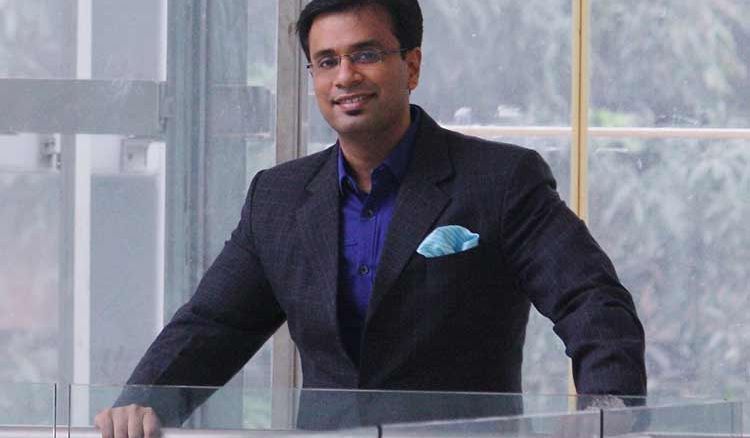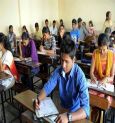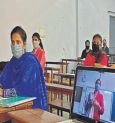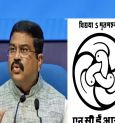Be careful before you take your next selfie and post it up on facebook and wait for friends to react or comment for it can be slowly bringing down your confidence level.
Racial plastic and facial cosmetic surgeon Dr Debraj Shome, conducted a survey in four cities of India - Mumbai, Hyderabad, Kolkata and New Delhi to study the effects of selfies on patients aged between 18 and 40 years.
The study found that people posting edited or unedited selfies saw a significant increase in anxiety and decrease in confidence. They also experienced a significant decrease in feelings of physical attractiveness. Generally, taking and posting a selfie on social media resulted in lowered mood and worsened self-image. Participants who had the opportunity to retake and modify their selfie before posting it to social media still experienced decreases to mood and anxiety. Over 60 per cent of people posting selfies wanted to undergo cosmetic surgery and procedures to change their looks.
The visual analogue scale test revealed that there was a 60 rise in anxiety among men and 65 per cent among women and confidence was adversely affected by 61 per cent among men and 70 per cent in women. In Kolkata, the increase in anxiety rise was 56 per cent and 55 per cent for men and women, respectively while confidence took a hit among men and women by 53 per cent and 65 per cent, respectively. Delhi was at the top of the chart registering increase in anxiety by 68 per cent and 82 per cent among men and women, respectively and loss of confidence by 71 per cent among men and 80 among women.
Dr Shome said that taking and posting selfies frequently should be considered a risky online health-related behaviour for young women in terms of mental health, especially if they trigger weight and shape dissatisfaction.
“This first-of-its-type study in India, conducted across four cities, has found that the process of taking, altering and posting selfies negatively affects self-esteem and body image perception, and promotes body dysmorphia,” said Dr Shome and added that if immediate steps were not taken India was all set to become like California in the USA, where a large portion of the population go under the knives.
He said that high body dissatisfaction was the primary risk factor for the development of eating disorders and was correlated with low self-esteem and depression. He also suggested interventions that aim to diminish or eliminate the harmful effects of social media. “Addiction to phones and selfies may create a mentally unstable next generation,” he said.
 বাংলায় পড়ুন
বাংলায় পড়ুন














